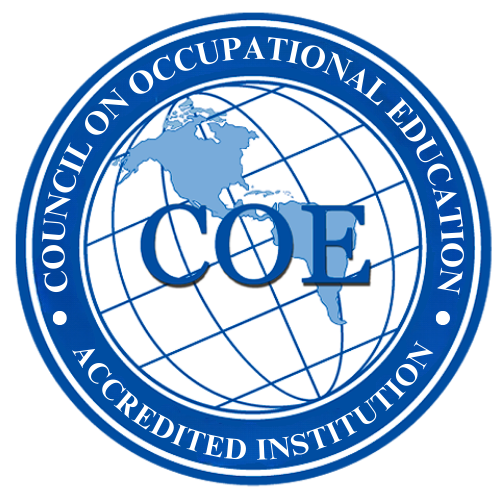If you live in California and you’re looking for a hands-on career in the growing healthcare industry, enrolling in a phlebotomy training program could be a smart choice. Phlebotomy technicians play an essential role in hospitals, medical labs, and clinics, ensuring that blood samples are drawn safely and efficiently for diagnostic testing. If you’re not squeamish about blood (or if you think you can get over it), there’s no better time than now to explore what phlebotomy is, what phlebotomy technicians do, and how to start your journey in this growing healthcare field.
Understanding Phlebotomy
Phlebotomy is the practice of drawing blood from patients for laboratory analysis, transfusions, or donations. It’s a procedure that helps to diagnose diseases, monitor health conditions, and ensure patients receive appropriate care. In a phlebotomy training program like the one offered at Healthcare Career College (HCC), you’ll learn the skills needed to perform this task with confidence and accuracy.
What Should You Expect from Phlebotomy Jobs?
A phlebotomy technician, sometimes called a venipuncturist, works under the supervision of medical professionals to collect blood samples safely and efficiently.
Duties in phlebotomy jobs typically include:
- Drawing blood using venipuncture and skin puncture techniques
- Preparing blood samples for laboratory testing
- Following strict infection control procedures
- Providing reassurance and support to patients who may be anxious about the procedure
- Maintaining accurate patient records and labeling samples correctly
Phlebotomy jobs offer flexibility and diverse work environments including hospitals, medical labs, nursing homes, outpatient clinics, and even life insurance companies.
From Phlebotomy Training to Phlebotomy Technician
Starting a career as a phlebotomy technician typically requires a high school diploma or GED. From there, enrolling in an accredited phlebotomy training program—like the one offered by Healthcare Career College—is the next step.
What does HCC’s phlebotomy training program entail?
- A 6-week weekend-based curriculum
- Classroom instruction covering infection control, venipuncture, skin puncture, and sample handling
- Hands-on clinical externship opportunities, where students complete venipunctures and skin punctures under supervision
- Preparation for the Certified Phlebotomy Technician (CPT1) State Certification Exam, required to draw blood in hospitals and labs in California
Upon successful completion, graduates are eligible to sit for the state certification exam and become licensed professionals ready to enter market for phlebotomy jobs. According to Healthcare Career College, the program boasts a pass rate above 90%, making it an effective route to certification.
How Phlebotomy Training Leads to Opportunity
Phlebotomy training not only equips you with the technical skills to draw blood but also fosters patient communication, proper hygiene, and professional ethics. With job growth in this field projected at 26.7% from 2018 to 2028, phlebotomy offers a stable and rewarding career path. Experienced phlebotomy technicians can advance into roles in nursing, medical assisting, or lab management, expanding their opportunities in the healthcare sector.
Are You Ready to Start Your Career in Phlebotomy?
Healthcare professionals are always in demand, and phlebotomy is one of the fastest ways to start working in the healthcare field. Take the first towards a better career by signing up for HCC’s phlebotomy program and learning the skills employers need.


